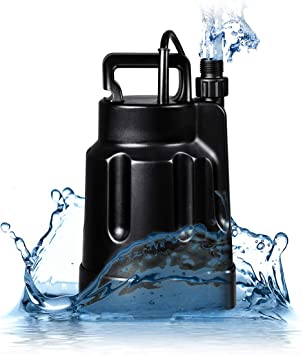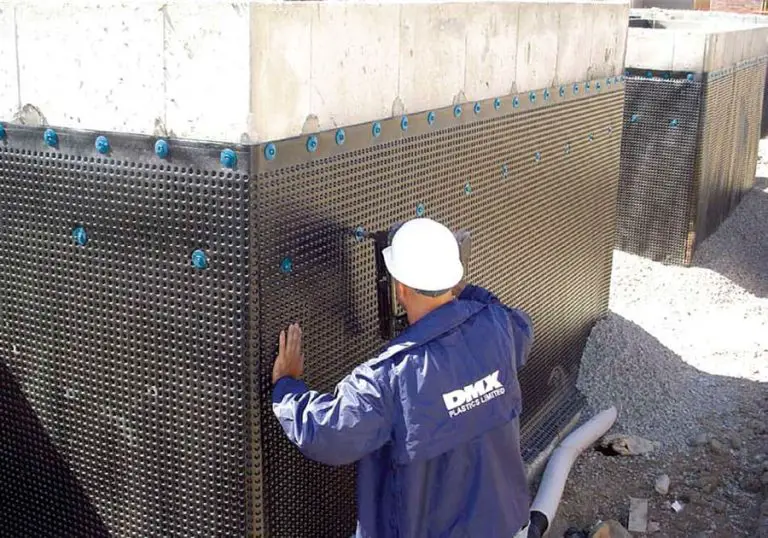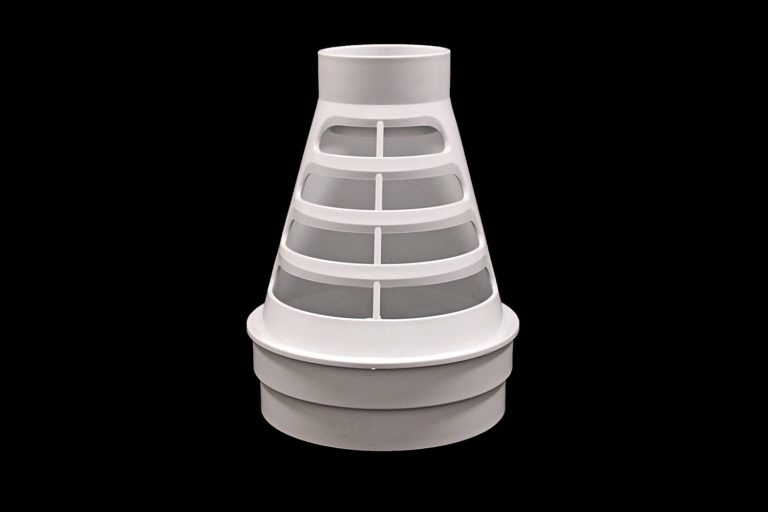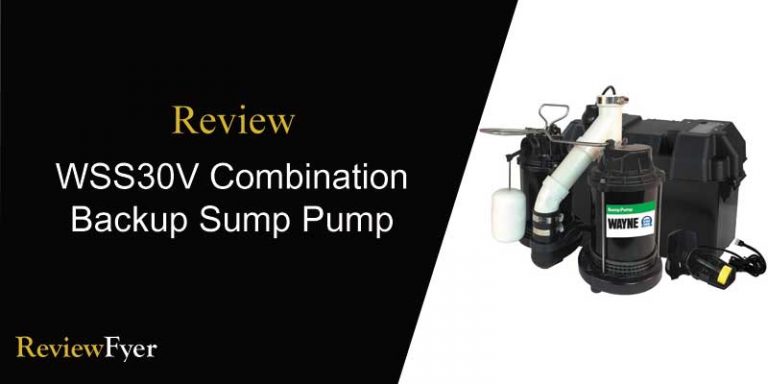Are Cast Iron Sump Pump Vs Plastic
If you are wondering which sump pump is better, a cast iron sump pump or a plastic one, there are pros and cons to each. A cast iron sump pump will last longer and is more durable, but a plastic sump pump is less expensive. Here is a closer look at the two types of sump pumps to help you decide which one is right for your needs.
If you’re in the market for a new sump pump, you may be wondering if a cast iron sump pump is better than one made from plastic. Here’s a look at the pros and cons of each type of sump pump to help you make the best decision for your needs.
Cast Iron Sump Pumps
Pros: Cast iron sump pumps are more durable than their plastic counterparts. They’re also less likely to corrode or break down over time.
Cons: Cast iron pumps can be heavier and more difficult to install than plastic pumps.
They also tend to be more expensive.
Sump Pump Reviews:Plastic, Steel or Cast Iron?
Cast Iron Vs Stainless Steel Sump Pump
When it comes to sump pumps, there are two main types of materials that they are made out of. These materials are cast iron and stainless steel. While both of these materials have their own advantages and disadvantages, the choice between them really boils down to a matter of preference.
Here is a look at the pros and cons of each type of sump pump material so that you can make an informed decision about which one is right for your needs.
Cast Iron:
Advantages:
1. Cast iron is extremely durable and will last for many years with proper care.
2. This material is also very resistant to corrosion, making it ideal for use in damp or wet environments.
3. Cast iron sump pumps are typically much less expensive than their stainless steel counterparts.
Disadvantages:
1. Cast iron pumps can be quite heavy, making them difficult to move around if necessary.
2. This material is not as aesthetically pleasing as stainless steel and may not fit in with your home’s décor as well as you would like.
Aluminum Vs Cast Iron Sump Pump
When it comes to sump pumps, there are two main types of materials that they can be made out of: aluminum or cast iron. Both have their own advantages and disadvantages that you should take into account when making your decision.
Aluminum sump pumps are generally lighter in weight than their cast iron counterparts.
This can be an advantage if you need to move the pump around frequently. They also tend to be less expensive than cast iron pumps.
However, aluminum pumps are not as durable as cast iron pumps and may not last as long.
They also can’t handle as much wear and tear, so they may need to be replaced more often.
Cast iron sump pumps are much more durable and can withstand a lot more wear and tear. They’re also better at handling heavy use, so they’ll last longer overall.
However, they’re considerably heavier than aluminum pumps and can be more difficult to move around.
In the end, it’s really up to personal preference which type of sump pump you choose. Consider your needs carefully before making your decision so that you can get the best possible pump for your home or business.
Cast Iron Vs Plastic Well Pump
If you’re in the market for a new well pump, you may be wondering what material is best. Should you go with cast iron or plastic? Here’s a rundown of the pros and cons of each material to help you make your decision:
Cast Iron Pros:
– More durable than plastic
– Can withstand higher temperatures
– Often less expensive than plastic pumps
Cast Iron Cons:
– Heavier than plastic, making it more difficult to install and move around if needed
Does Cast Iron Sump Pump Rust
If you have a cast iron sump pump, you might be wondering if it will rust. The answer is yes, cast iron can rust. However, there are a few things you can do to help prevent rust from forming on your pump.
First, make sure to keep the pump clean and free of debris. Second, coat the pump with a thin layer of oil before storing it. This will help create a barrier between the metal and any moisture that could cause rusting.
Finally, check the pump regularly for signs of corrosion and take action to repair or replace the pump if necessary. By following these simple tips, you can help keep your cast iron sump pump in good condition for many years to come.
Best Sump Pump Material
When it comes to sump pumps, there are a variety of materials that can be used. However, not all materials are created equal and some are better suited for specific applications than others. In this blog post, we’ll take a look at the best sump pump material options so that you can make an informed decision when selecting a pump for your home or business.
The most common type of sump pump is the submersible pump. Submersible pumps are designed to be fully immersed in water and they’re typically made from stainless steel, cast iron, or thermoplastic. Stainless steel is the most durable option and it’s also resistant to corrosion.
Cast iron is also quite durable but it can rust over time if it’s not properly maintained. Thermoplastic pumps are the least expensive option but they’re also the least durable and they can’t be used in applications where the water temperature is too high.
If you’re looking for a sump pump that will be used in an industrial setting, then you’ll want to choose a cast iron or stainless steel model.
These materials can withstand heavy use and they won’t corrode like thermoplastic models can. If you need a pump for residential use, then any of these three materials will work well. Just keep in mind that thermoplastic models will need to be replaced more frequently than their metal counterparts.
Zoeller Vs Wayne Sump Pump
There are many factors to consider when choosing a sump pump. Two of the most popular brands on the market are Zoeller and Wayne. So, which one is the best?
Here is a comparison of Zoeller and Wayne sump pumps:
Zoeller Pump Features:
-1/3 HP cast iron construction
-Automatic float switch for easy operation
-Thermoplastic base for corrosion resistance
Lowe’S Sump Pump
A sump pump is a device that is commonly used to remove water that has accumulated in a sump pit. The water is typically pumped out of the pit and away from the home or business. Sump pumps are often used in basement waterproofing systems to prevent flooding.
Vertical Sump Pump Vs Submersible Pump
There are many different types of pumps on the market, and each has its own advantages and disadvantages. When it comes to choosing a pump for your home or business, you will need to decide whether a vertical sump pump or submersible pump is right for you. Here is a rundown of the pros and cons of each type of pump to help you make your decision:
Vertical Sump Pump Pros:
-Can be used in shallow or deep wells
-Ideal for pumping water from underground tanks or reservoirs
-Can handle large volumes of water
-Reliable and long lasting
Vertical Sump Pump Cons:

Credit: www.toboaenergy.com
Is Cast Iron Or Plastic Sump Pump Better?
When it comes to sump pumps, there are two main types of materials that they are made out of: cast iron and plastic. So, which one is better? Here is a look at the pros and cons of each type of sump pump material to help you make the best decision for your needs.
Cast Iron
Pros: Cast iron sump pumps are very durable and can last for many years with proper maintenance. They are also less likely to break down or malfunction than plastic models.
Additionally, cast iron pumps tend to be more powerful than plastic ones, making them better suited for homes with high water tables or those that experience frequent flooding.
Cons: One downside of cast iron sump pumps is that they are heavier than their plastic counterparts, making them difficult to move around if necessary. They also require more electricity to run, so your energy costs may be higher if you have a cast iron pump.
Finally, because they are made from metal, these pumps can rust over time if not properly maintained.
What is Better Cast Iron Or Aluminum Sump Pump?
There are a few factors to consider when choosing between a cast iron or aluminum sump pump. Cast iron pumps are typically more durable and can last longer, but they may be more expensive. Aluminum pumps are often lighter and less expensive, but they may not be as durable.
Some other things to keep in mind are that cast iron pumps tend to be noisier than aluminum pumps, and they also require more maintenance. For example, you will need to regularly lubricate the pump to prevent rusting. Additionally, cast iron pumps may not work as well in very cold temperatures.
So, which type of sump pump is best for you? It really depends on your needs and preferences. If you want a durable pump that will last for many years, then a cast iron pump might be the way to go.
However, if you’re looking for a lighter weight and less expensive option, then an aluminum sump pump could be a better choice.
How Long Does a Cast Iron Sump Pump Last?
A cast iron sump pump can last for many years, provided it is properly maintained. However, the average lifespan of a cast iron sump pump is around 10 years. If your pump is beginning to show signs of wear and tear, it may be time to replace it.
Why are Sump Pumps Made of Cast Iron?
Sump pumps are made of cast iron for a variety of reasons. First, cast iron is an extremely durable material that can withstand a lot of wear and tear. This is important because sump pumps are often used in areas where they are subject to a lot of water or other liquids.
Second, cast iron is also very resistant to corrosion. This is important because it means that the pump will be able to last for many years without needing to be replaced. Finally, cast iron is also a very good material for conducting heat.
This is important because it means that the pump will be able to dissipate heat quickly, which will help to prolong its life.
Conclusion
Cast iron sump pumps are typically more expensive than plastic ones, but they offer a number of advantages. Cast iron pumps are more durable and can handle higher volumes of water. They also tend to be quieter than plastic pumps.






